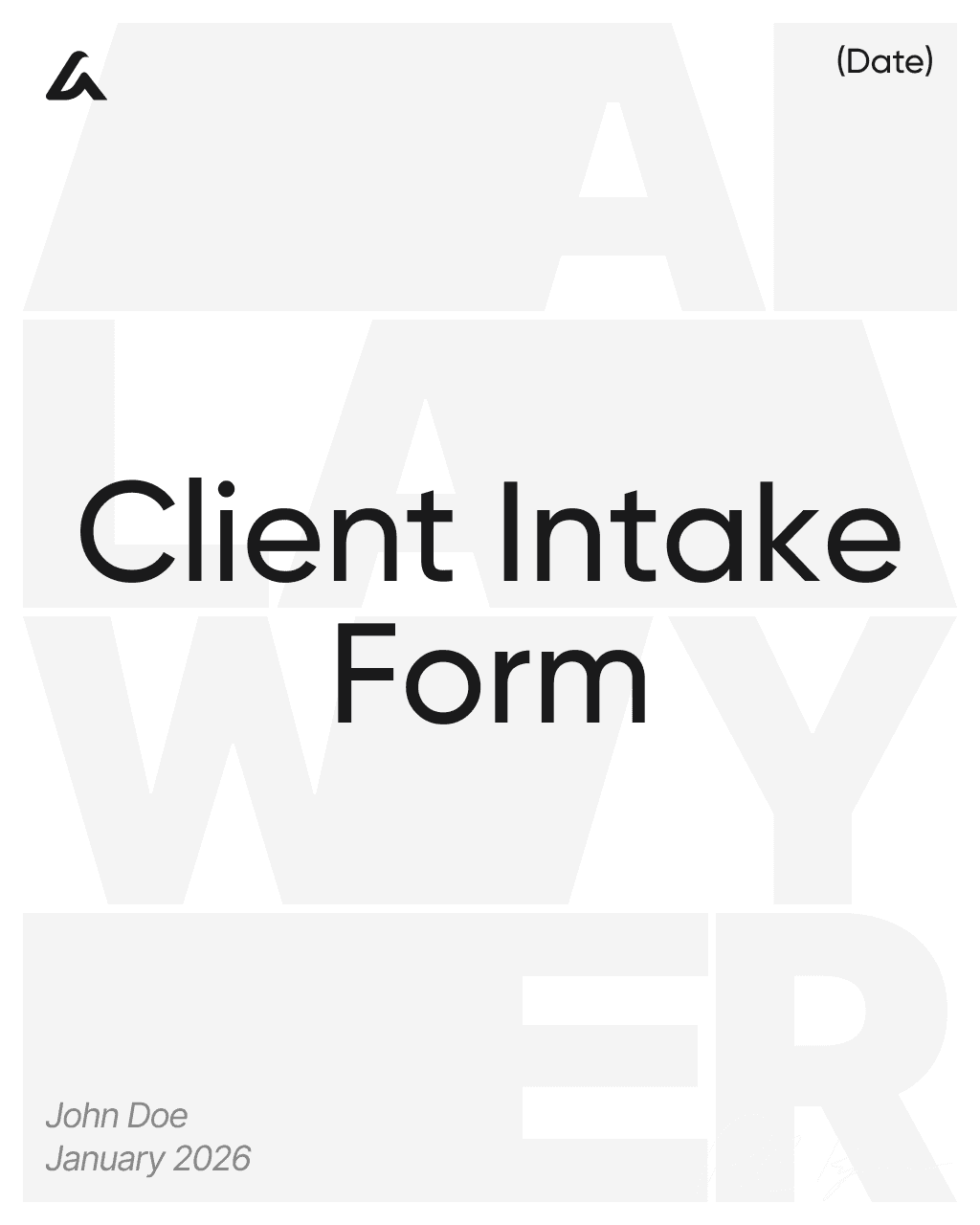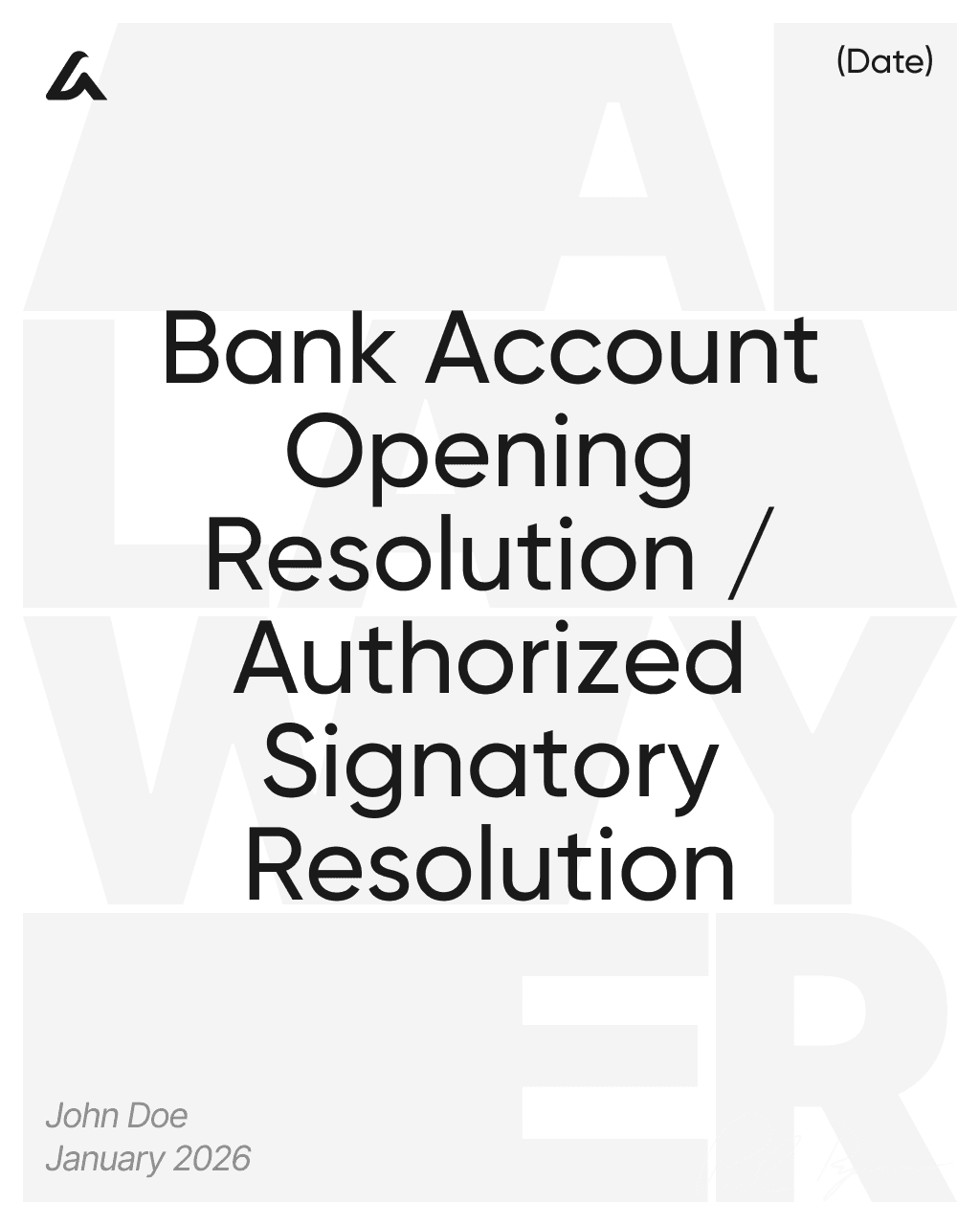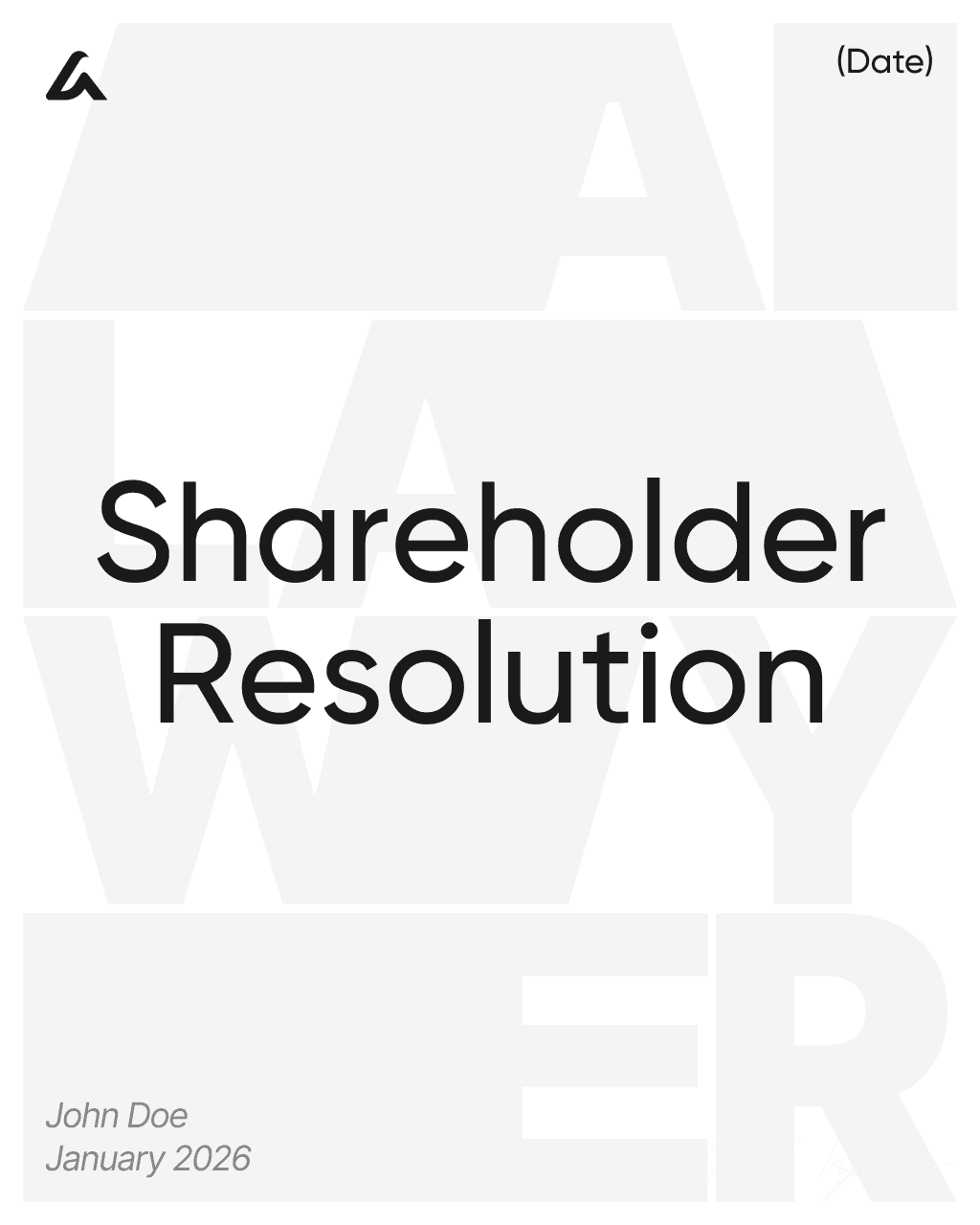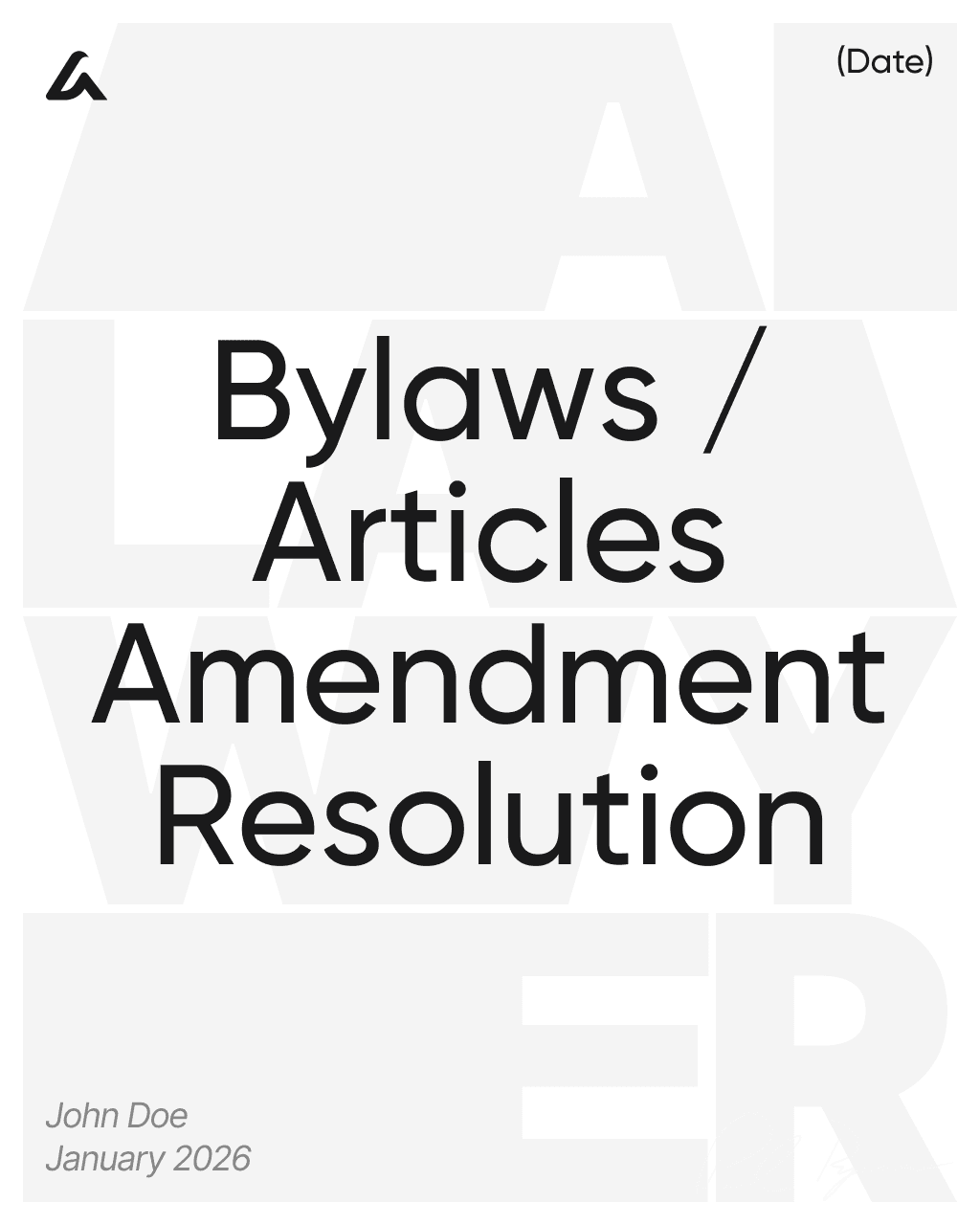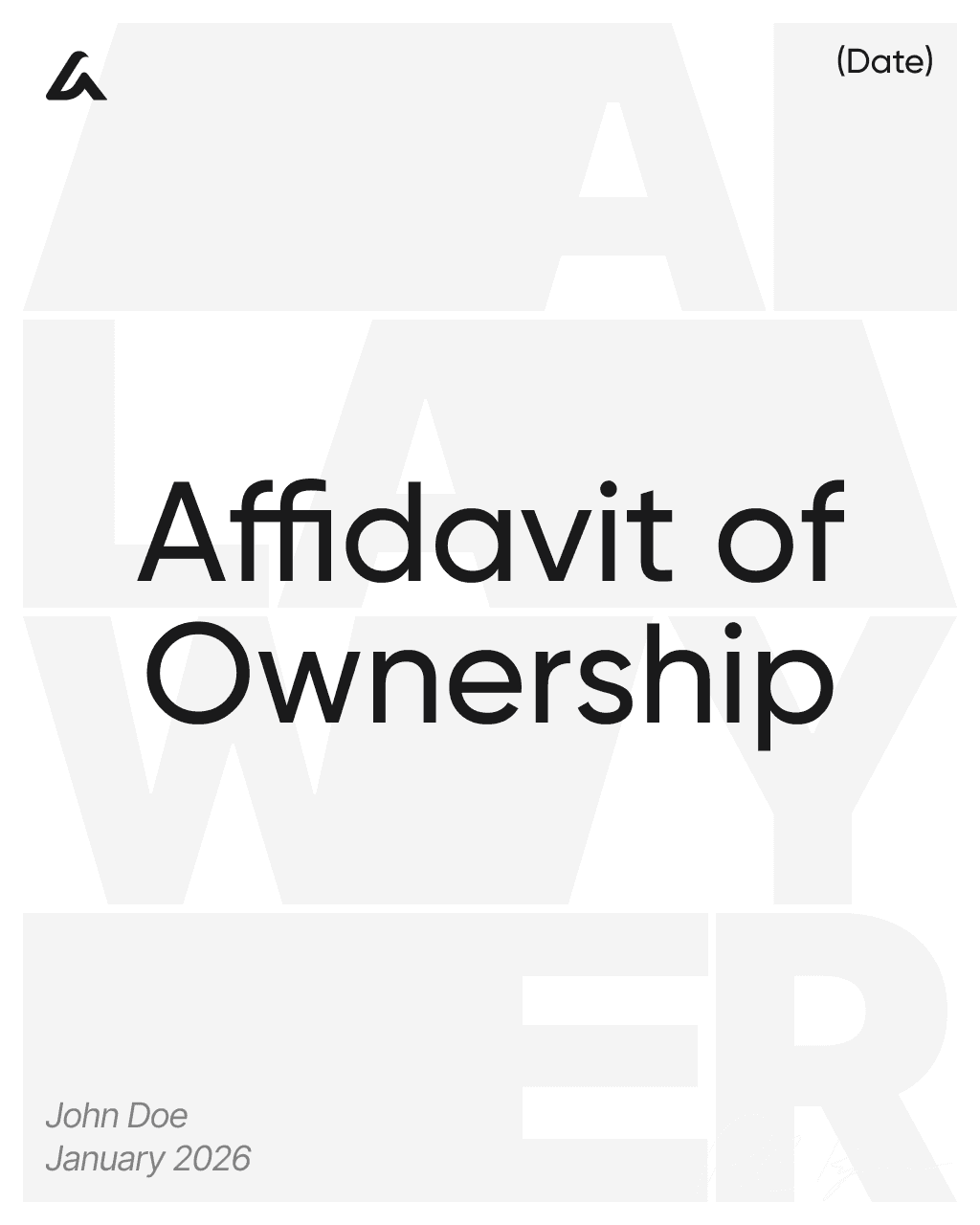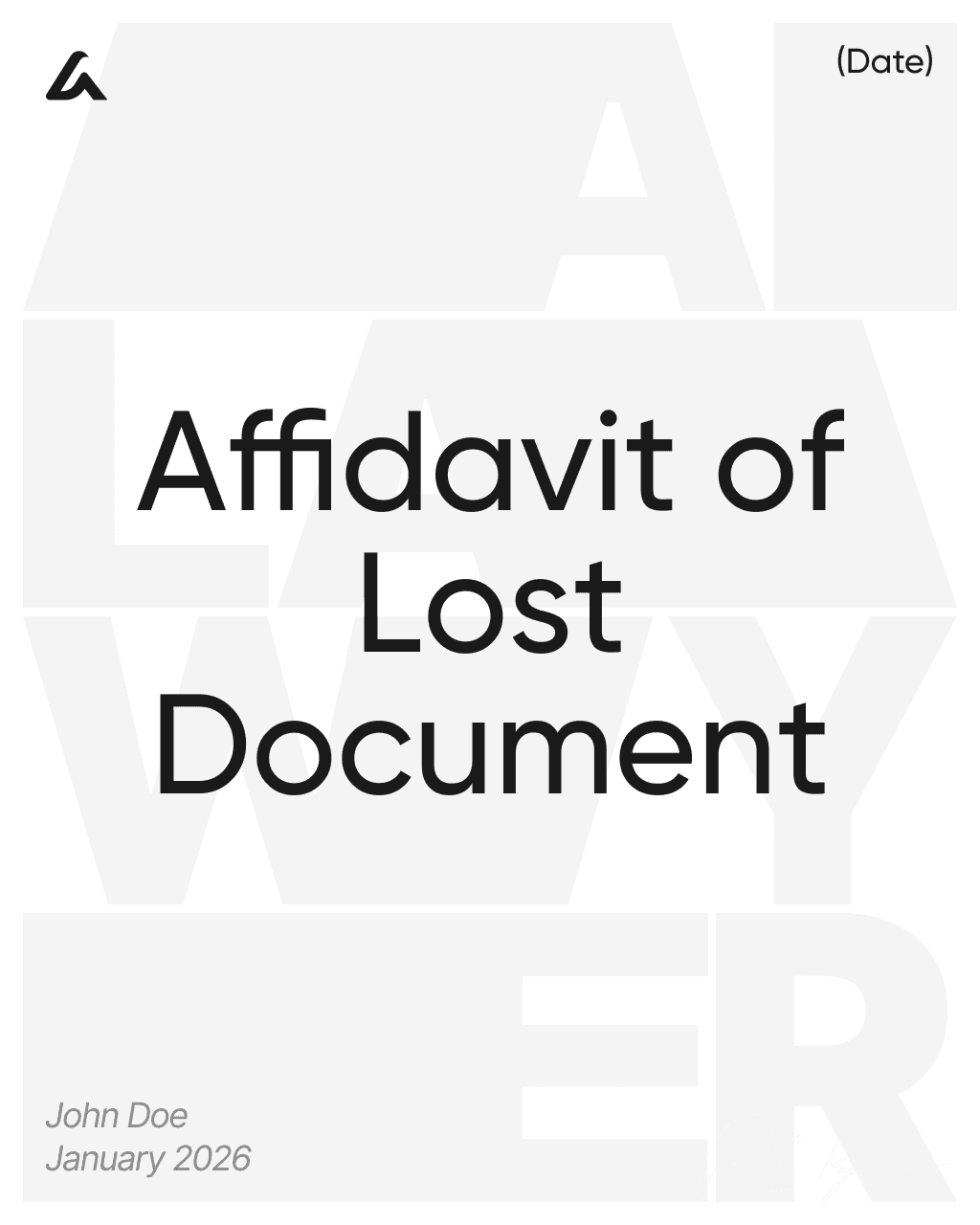Free template
Business Sale Agreement Template: Price, Assets & Closing California
Business Sale Agreement Template: Price, Assets & Closing California
Download template
Business Sale Agreement
This Business Sale Agreement (“Agreement”) is entered into on [Date], by and between:
Seller: [Full Legal Name / Company Name], with a principal place of business at [Address], hereinafter referred to as the “Seller.”
Buyer: [Full Legal Name / Company Name], with a principal place of business at [Address], hereinafter referred to as the “Buyer.”
The Seller and the Buyer may be referred to individually as a “Party” and collectively as the “Parties.”
1. Sale and Purchase; Business Description
Seller agrees to sell, and Buyer agrees to purchase, the business known as [Business Name] at [Business Address]. The sale includes the tangible and intangible assets listed in Schedule A.
2. Purchase Price and Payment Structure
The total purchase price is $[Amount]. Buyer shall pay: deposit $[Amount] at signing; balance $[Amount] at Closing on [Closing Date]. If applicable, financing terms, installment schedules, or holdbacks are detailed in Schedule B.
3. Working Capital and Inventory Adjustment (if any)
At Closing, the parties may adjust the purchase price for target working capital and inventory levels defined in Schedule C. Any post‑closing true‑up will be calculated within [X] days with supporting statements.
4. Assets Included / Excluded
Included assets: [equipment, inventory, IP, licenses, customer lists, domain names, social accounts, goodwill]. Excluded assets (if any) are listed in Schedule D.
5. Assumed and Retained Liabilities
Buyer assumes only those liabilities expressly identified in Schedule E. All other debts, taxes, and obligations remain the responsibility of Seller unless otherwise stated.
6. Transition Services and Knowledge Transfer
For [X] weeks after Closing, Seller will provide reasonable transition support (e.g., training, introductions, process handover) on a mutually agreed schedule. Any fees or expense reimbursements are set out in Schedule F.
7. Intellectual Property; Data and Accounts
Seller will assign trademarks, copyrights, domain names, and software licenses as listed in Schedule A. Administrative access to digital assets and data will transfer at Closing with credentials delivered securely.
8. Employees and Contractors (if applicable)
Buyer may extend offers to selected employees at its discretion. Seller remains responsible for pre‑Closing wages and benefits; Buyer is responsible for post‑Closing obligations to hired personnel.
9. Consents; Third‑Party Contracts
The parties will coordinate to obtain any third‑party consents or assignments identified in Schedule G. Failure to obtain a specific consent will be handled via reasonable interim arrangements.
10. Representations and Warranties
Seller represents it has authority to sell and that the business is free of undisclosed liens. Buyer represents it has the financial capacity to complete the purchase. Additional reps/warranties may be listed in Schedule H.
11. Indemnification and Escrow (if used)
Each Party agrees to indemnify the other for breaches of this Agreement. If applicable, an escrow of $[Amount] will be held for [X] months solely to satisfy eligible claims.
12. Non‑Competition and Non‑Solicitation (optional)
For [Term] after Closing, Seller will not engage in a competing business within [Geographic Area] and will not solicit customers or employees listed in Schedule A.
13. Closing; Deliverables
At Closing, Seller will deliver bills of sale, IP assignments, and access credentials; Buyer will deliver the balance of the Purchase Price. Closing will occur on [Closing Date] or another agreed date.
14. Governing Law; Dispute Resolution
This Agreement is governed by the laws of [California]. Any dispute shall be resolved in the courts of [County], California, unless otherwise agreed.
15. Entire Agreement
This Agreement, including Schedules A–H, constitutes the entire understanding between the Parties and may be amended only in a signed writing.
Signatures
Seller:
Signature: _______________________ Date: __________
Name/Title: ______________________
Buyer:
Signature: _______________________ Date: __________
Name/Title: ______________________
Flash deal
Flash deal
Today
Today
No time to fill it up? Generate your custom agreement with AI Lawyer in seconds
What’s Included
Legal Research
Legal Research
Legal Research
Contract Drafting
Contract Drafting
Contract Drafting
Document Review
Document Review
Document Review
Risk Analytics
Risk Analytics
Risk Analytics
Citation Verification
Citation Verification
Citation Verification
Easy-to-understand jargon
Easy-to-understand jargon
Easy-to-understand jargon
Details
Learn more about
Business Sale Agreement Template: Price, Assets & Closing California
Click below for detailed info on the template.
For quick answers, scroll below to see the FAQ.
Click below for detailed info on the template.
For quick answers, scroll below to see the FAQ.
California Business Sale Agreement FAQ
What is a Business Sale Agreement?
A Business Sale Agreement is a legally binding contract that sets the terms for transferring ownership of a business from the seller to the buyer. It clearly states what exactly is being sold — such as equipment, inventory, intellectual property, or customer contracts — and whether any liabilities or debts are included. The agreement also outlines the purchase price, payment method, and closing conditions, so both sides understand their obligations.
When to use a Business Sale Agreement?
You should use a Business Sale Agreement any time a business — or major parts of it — is being sold or transferred. This includes selling an entire business, specific assets, or even just the rights to operate under the current brand. It’s important whether the deal involves a large company or a small, privately-owned business.
Using a Business Sale Agreement ensures that both the buyer and seller clearly understand what is included in the sale, how and when payment will be made, and what each party is responsible for before and after the transaction. It helps prevent misunderstandings and protects both sides if any issues arise later.
What should be included in a Business Sale Agreement?
A Business Sale Agreement should include all important terms of the sale so that both parties are legally protected and fully understand the transaction. Key elements typically include:
Buyer and seller information — legal names, business addresses, and authorized representatives
Description of what is being sold — specific assets, inventory, intellectual property, customer lists, equipment, or goodwill
Purchase price and payment terms — total price, due dates, deposit, and payment method
Transfer date — when ownership officially changes hands and who is responsible for the business before and after closing
Liabilities and debts — whether the buyer is taking over any business obligations
Representations and warranties — assurances about the business’s financial condition and legal compliance
Confidentiality and non-compete terms — protecting the value of the business after the sale
Closing conditions — actions required before the deal can be finalized
Dispute resolution — what happens if a disagreement arises later
Signatures of both parties — making the agreement legally enforceable
Can a Business Sale Agreement be changed after signing?
Yes. A Business Sale Agreement can be changed after signing, but only if both the buyer and the seller agree to the modification in writing. Any change must be documented in an amendment that is signed by both parties to ensure it is legally enforceable.
You cannot simply update the contract verbally or make changes on your own — written consent is required to avoid disputes and to ensure that the updated terms are valid if the agreement is ever reviewed in court.
Do I need to notify customers or vendors about the sale?
In many cases, yes — especially if ongoing relationships, service contracts, or credit accounts are involved. Whether notification is required depends on the terms outlined in the Business Sale Agreement and the nature of the business operations. For example, vendor contracts may require written consent before transferring obligations to a new owner, and customers may need notification to ensure smooth continuation of services or payments.
Even when not legally required, informing customers and vendors can help maintain trust and minimize business disruption after the sale. It's always a good practice to review existing agreements and discuss a transition plan during the negotiation stage.
Similar templates
Other templates from
Business Document
Money back guarantee
Free trial
Cancel anytime
AI Lawyer protects
your rights and wallet
Money back guarantee
Free trial
Cancel anytime
AI Lawyer protects
your rights and wallet
Money back guarantee
Free trial
Cancel anytime
AI Lawyer protects
your rights and wallet
Money back guarantee
Free trial
Cancel anytime














































